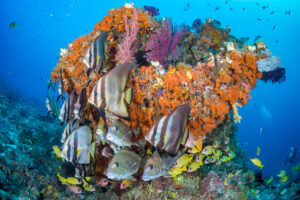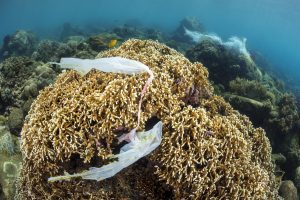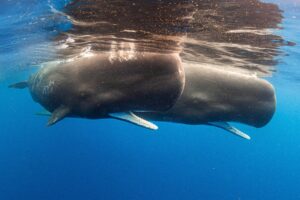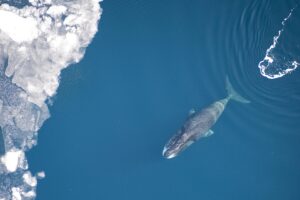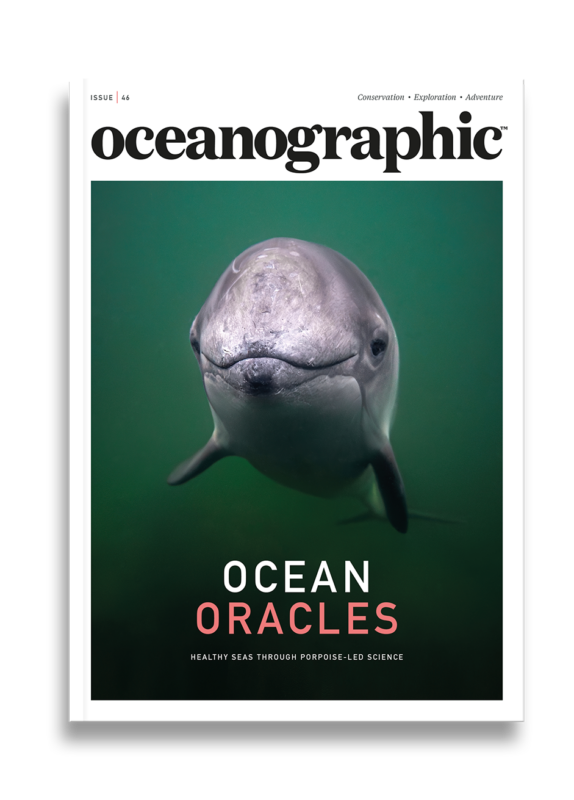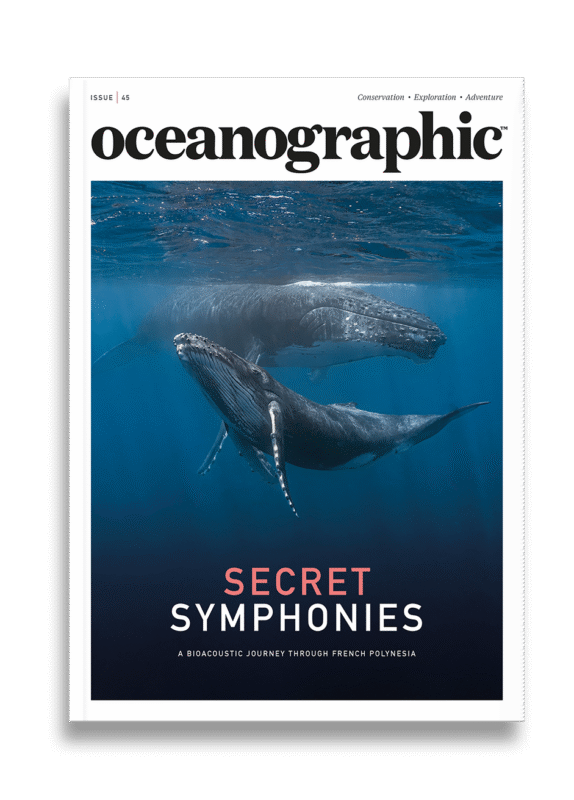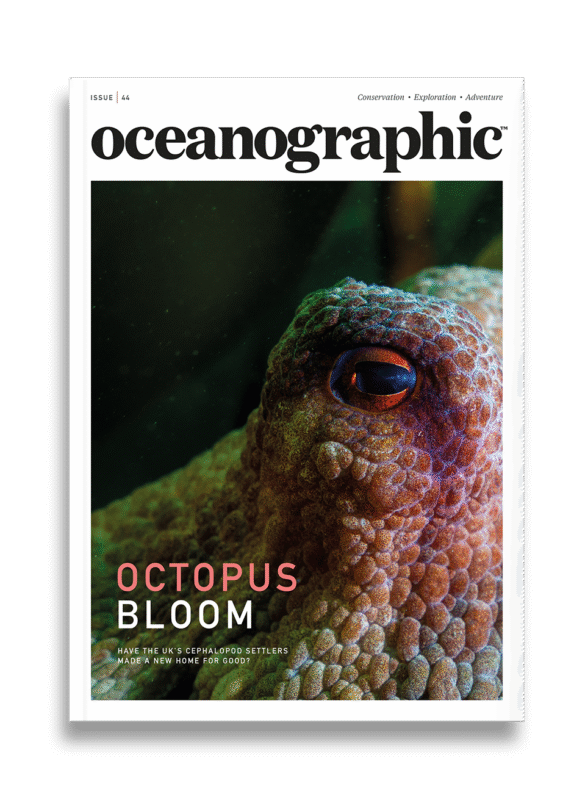Landmark ruling gives Ecuador's marine ecosystems legal rights
In a landmark ruling issued last year under its world-leading Rights for Nature law, the Constitutional Court of Ecuador has stated that the country's marine ecosystems "have the right to maintain their natural life cycles, structure, functions, and evolutionary processes."
A landmark ruling from the Constitutional Court of Ecuador has given its coastal marine ecosystems the kind of legal rights that ‘must be protected’, concluding that the government must set limits on human activity such as industrial fishing, to do so.
In a ruling issued late last year, the court stated that those ecosystems “have the right to maintain their natural life cycles, structure, functions, and evolutionary processes”, while the Ecuadorian government must now adopt sufficient protective measures to ensure such “vital processes” persist.
As reported by Inside Climate News, the court added that marine coastal ecosystems ought to have “intrinsic value” and that Ecuador had made a commitment in its constitution to “build a new form of citizen coexistence”, one that operated in diversity and harmony with nature.
This isn’t the first time such a ruling has been passed in Ecuador. In fact, as far back as 2008, the nation emerged at the forefront of the movement to recognise nature as a subject of law, becoming the first – and so far, the only – country to recognise and protect the rights of nature at a Constitutional level.
This law has been used on a number of occasions to protect Ecuador’s natural environments from encroachment from industry and destructive practices, such as mining. Research published back in March 2024 identified and analysed the risks to vast swathes of land posed by mining proposals. The research identified the potential for the Rights of Nature law to protect some 16,000-square-kilometres of biodiverse land made up of protected forests, indigenous territories, endangered species, and areas of water resources conflict.
Until now, however, all of Ecuador’s Constitutional Court rulings regarding the Rights of Nature have been centred on ecosystems on land, mangroves, and wild animals. Lawyers familiar with rights of nature jurisprudence have said the coastal marine ecosystem case of late last year, is therefore a “landmark decision” that extends heightened protections to the country’s vast aquatic ecosystems.
Of course, being home to the Galapagos Islands and its abundance of marine life including its hundreds of fish species, whales, sea turtles, dolphins, sharks, manta rays, and corals; Ecuador has a lot of coastal and marine environment to protect. On top of this, there are tens of thousands of people living in Ecuador’s coastal regions who are reliant on its marine ecosystems for food and livelihoods.

This ruling had a rather storied beginning, hailing back to 2020 when industrial fishers brought a lawsuit to various national government authorities, arguing that the legal restriction on industrial fishing within an eight-mile zone, is unconstitutional. Fishers argued that the restriction violated their rights to engage in economic activities and “threatened food sovereignty”.
However, in their decision, judges cited scientific evidence indicating that the eight-mile zone ‘was necessary to protect fish populations, maintain the health of marine ecosystems, and ensure long-term viability of the fishing industry.’
It’s now believed that this ruling sets a precedent to challenge an increasing array of human activities affecting Ecuador’s marine life, including aquaculture and oil and gas operations. The Ecuadorian court’s decision to support the constitutional rights of its marine ecosystems will now also impose stronger obligations on its government to safeguard them.
It means that traditional environmental regulations – such as fishing limits and pollution controls – going forwards, must be robust enough to protect the essential functions of marine ecosystems.


"*" indicates required fields
Printed editions
Current issue
Back issues

Back Issues
Issue 43 Sir David Attenborough’s ‘Ocean’
Enjoy so much more from Oceanographic Magazine by becoming a subscriber.
A range of subscription options are available.

